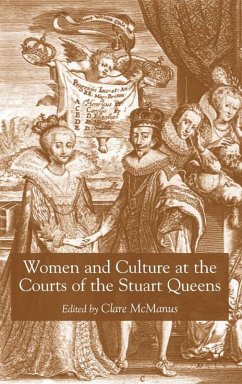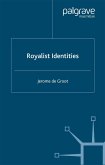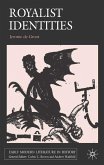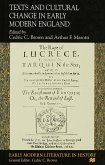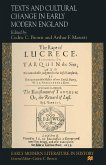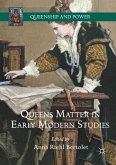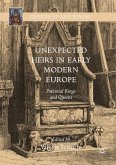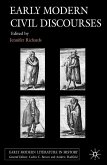Did the Stuart queens create their own courts, and can these courts shed new light on women's poetry, drama and performance? This book investigates the literature, theatre, patronage and commissioning of the courts of Anna of Denmark (1603-19) and Henrietta Maria (1625-42). Unearthing the neglected history of the Stuart queens, these essays look afresh at the early modern European female elite to create a new picture of femininity for students and scholars of early modern culture.
'This is... a splendid collection, coherent yet wide-ranging, focused around
important interdisciplinary research questions, and carrying forward the study
of early modern women's cultural participation in several
significant directions.' - Professor Kate Chedgzoy, Professor of Renaissance Literature, University of Newcastle upon Tyne
important interdisciplinary research questions, and carrying forward the study
of early modern women's cultural participation in several
significant directions.' - Professor Kate Chedgzoy, Professor of Renaissance Literature, University of Newcastle upon Tyne

